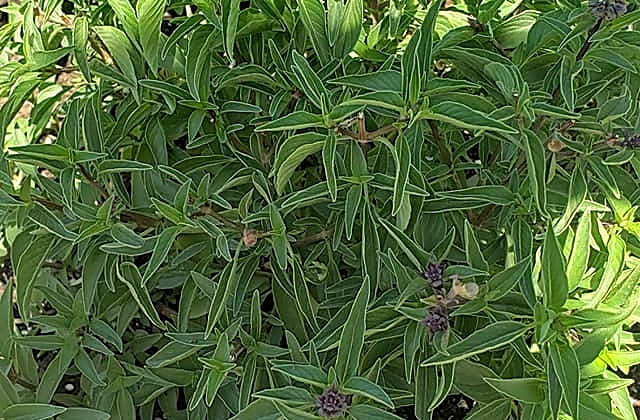Why You Should Make Use Of Organic Fertilizer For Herbs

Even herbs grown primarily in pots (both outdoors or indoors) need regular applications of organic fertilizer to help keep them healthy. The frequency and method of application also vary greatly by brand and product. There’s a lot that goes to keep your herb garden healthy and happy!
Here are some facts that you may not have known about growing herbs with chives as their main ingredient. First, chives contain a lot of chlorophyll, which is the main natural source of chlorophyll. Chives provide an endless supply of oxygen to your plants, as well as the necessary vitamins and minerals your plants need to grow and flourish. Not only do they supply these necessities to your garden, chives also contain many properties that are good for your health. These health benefits summarized below are the most commonly known.
Herbs that are grown with chives as their main ingredient are considered highly beneficial for their taste as well as for their health. A taste that rivals that of a black forest apple would be hard to beat, as well-draining as it is! It’s important to make sure you fertilize your herbs with organic fertilizer containing rich soil conditioners, preferably one that is free from toxic chemicals. Chives will tend to be a little more sensitive to fertilizer compared to other herbs, so try to match the fertilizer’s pH level with their specific needs. Potatoes, on the other hand, are well-draining so adding just enough fertilizer to make sure they stay healthy is generally enough.
If you are growing herbs for their taste or simply to add color to your home herb collection, you should always follow the directions on the package or label. Fertilizer should always be applied to the soil and never directly to the leaves or stems. Doing this can often cause them to get broken off or damaged.
You should also keep in mind that you are adding organic materials that are already in a form of a powder or flakes. This powder or flake will take a longer time to break down than fresh materials. Because of this, make sure to apply organic fertilizer regularly. If you have a basil plant, you should check it at least twice a year to make sure it is still growing healthy. Just check the tops of the leaves and you should be able to determine whether it is still viable.
If you are growing herbs because of the health benefits, you should also consider fertilizing herbs with a balanced plant nutrition supplement. A well-balanced supplement will provide the necessary nutrients for a healthy plant and also will help it grow big and strong. Organic fertilizers have minerals and nutrients that are broken down into smaller compounds so they can easily be absorbed by plants. A good example of such a supplement is granules. Granules contain lots of high quality minerals such as iron, calcium, magnesium, zinc, copper, manganese and even copper.
There are other types of natural organic fertilizer that are often used to make sure that your herbs get all the nutrients they need from the soil. One example of such fertilizer is manure from animals like sheep and cows. If you use manure from animals that are not organic, they can sometimes provide your herbs with harmful parasites and pathogens that can be harmful to your plants.
If you want to get the best results when it comes to growing herbs, make sure to fertilize them regularly. If you are growing herbs indoors, it would be ideal to just use simple mulch. However, if you are growing herbs outdoors, then you will need to use a fertilizer. Fertilizers can be purchased from your local garden store or even online.